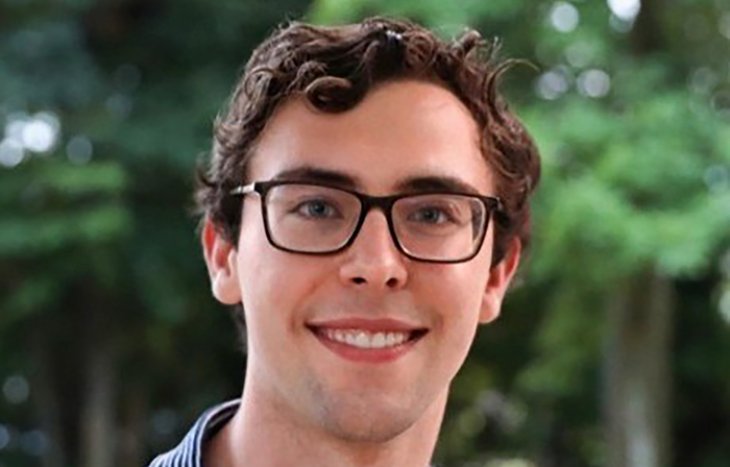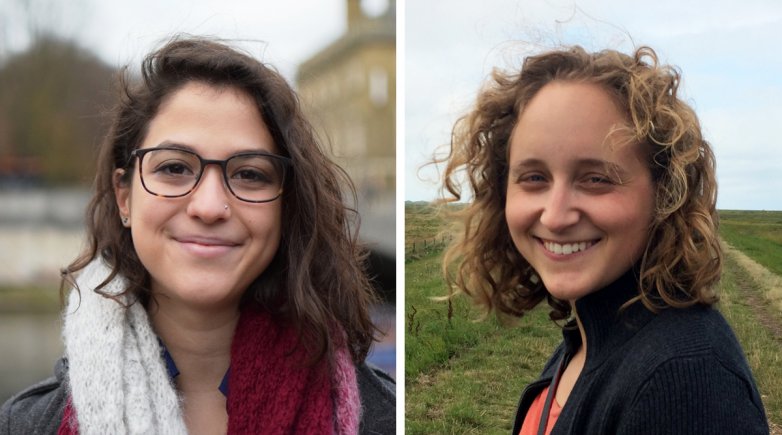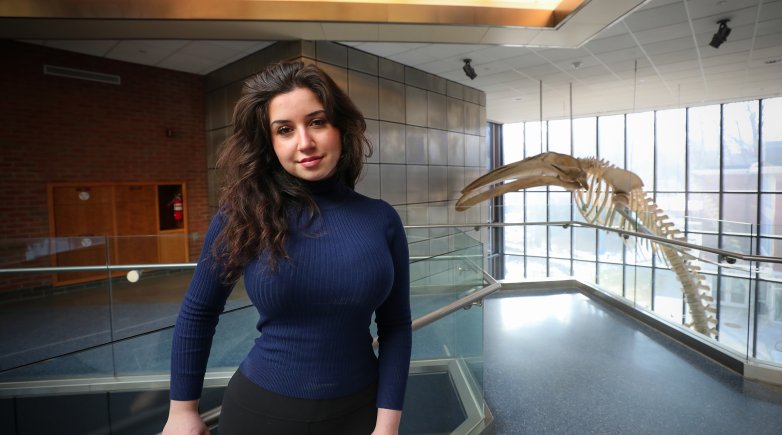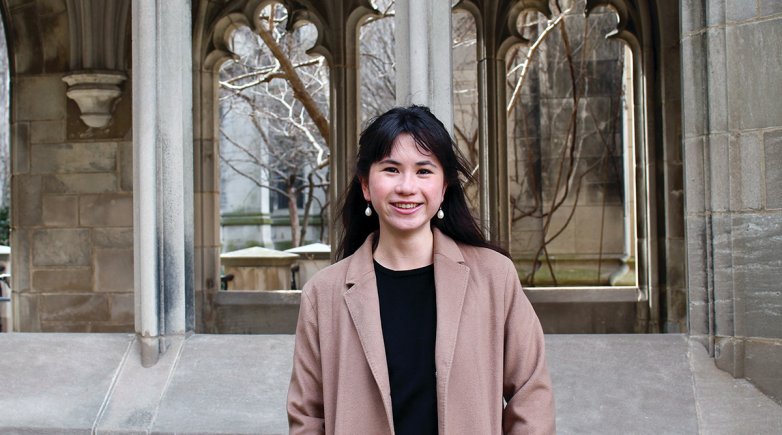Grant Goodall

"Whatever I do in the future will need to have some aspect of helping the environment, because we live on a dying planet."
Grant Goodall ’20 is well familiar with not only the exceptional innovations technology facilitates, but also the waste it generates. That’s why, last spring, Goodall, 20, took up the challenge of figuring out how to recycle waste plastics from the 3D printing process.
With a small team of classmates at Olin College of Engineering, Goodall developed a closed-loop recycling system for polylactic acid (PLA) that was so impressive, Olin invested $15,000 to build it on campus. To date, the system has reduced the school’s PLA purchase by 50 percent each semester.
The project is one of many Goodall, a Chicago native, has worked on since he graduated from Exeter. Over the summer, he studied whether replicating hands-on experience with game-based learning is effective in preparing students for their future occupations. (By several key measures, it is.) He co-presented the findings in October at the Frontiers in Education Conference in Sweden.
It’s a topic that hit home. At Exeter, Goodall says, the electronics and robotics classes he took with Science Instructor Brad Robinson were “especially hands-on and taught me the benefits of project-based learning versus lecture.” He also credits his adviser, Science Instructor Anne Rankin, with serving as a tremendous guide as he explored the sciences.
Goodall spoke with us from the Olin campus in Needham, Massachusetts, where he was gearing up for finals week.
What were the challenges of getting a new recycling system up and running?
To start, we looked at the science of recycling PLA — confirming that it could in fact be reused — and designing the system that would take us from bins of waste plastic to having actual new filament. Then came the challenge of how to use [the machine], and how it fits in Olin’s ecosystem. We met with many groups on campus to find the perfect fit. In engineering, as well as at Exeter, I’ve learned a lot by going out and talking with communities … because with any project, at the end of the day, the people you’re talking to are going to be the people using [a design or system].
Is engineering that benefits the environment of particular interest?
Whatever I do in the future will need to have some aspect of helping the environment because we live on a dying planet. So even if what I’m doing isn’t explicitly about saving the environment, it should be made with sustainable resources, and finding a way to use the least resources, and there should be a way to recycle it at the end of life.
Recycling, game-based learning. What’s next?
I’m currently building a “powerchair” that will enable a mobility-impaired older adult to go bike riding with his friends. In half a semester, we’re going from a pile of scrap pieces to a motorized wheelchair that can go 20 miles per hour down off-road bike trails. For another class, I’m creating a drone delivery system. Off the east coast of Canada are barrier islands that get most of their supplies by ferry. But medical supplies such as insulin often can’t survive the trip, so there’s a dangerous lack of access. Our goal is for people in that area to use our open-source guidelines to build the drones and use them for medical deliveries.
— Danielle Cantor
Editor’s note: This interview first appeared in the winter 2023 issue of The Exeter Bulletin.



